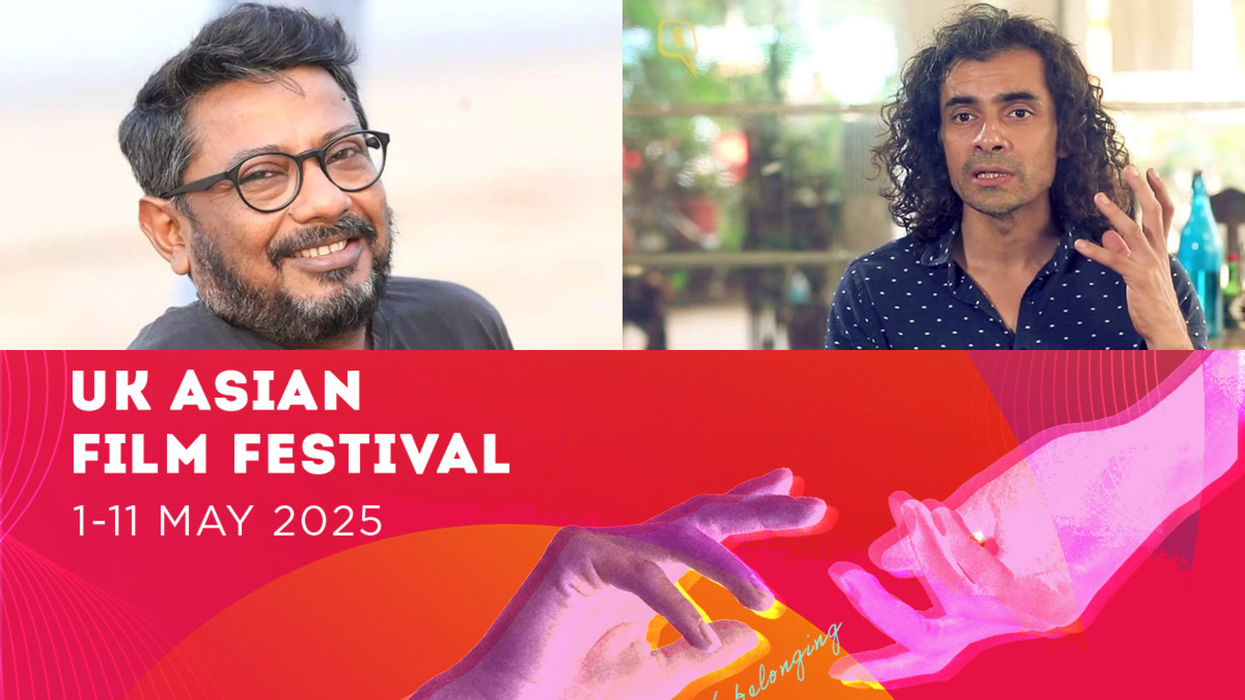From May 1st to 11th, the UK Asian Film Festival (UKAFF) returns for its 27th edition, bringing an interesting line-up of films and events to London, Leicester, and Coventry. This year’s theme, “Longing and Belonging,” explores the universal human search for connection, identity, and purpose through South Asian cinema.
As the longest-running South Asian film festival in the world, UKAFF has always championed female voices and challenged patriarchal norms. This year’s selection continues that mission, presenting stories of displacement, love, tradition, and resilience.
The festival kicks off on May 1st at BFI Southbank with the European premiere of My Melbourne, an anthology film featuring four true stories of underrepresented voices in Australia, from a queer man reconnecting with his father to a refugee girl finding hope in cricket. Directors Imtiaz Ali and Onir will attend the event.
Closing the festival on May 10th is the London premiere of Pakistan’s Academy Award-nominated The Glassworker, a visually stunning tale of love and war set against the backdrop of a glassmaking studio. Director Usman Riaz will be present for the screening.
Special screenings and events
- Sholay: 50 Years Later (May 5-9, Nehru Centre) – An immersive exhibition celebrating the golden jubilee of the iconic Bollywood classic.
- Magical Memories: Raj Kapoor Centenary (May 9, Harrow Arts Centre) – A musical tribute to the legendary showman of Indian cinema.
- We Are Faheem and Karun (May 2, Coventry) – The first Kashmiri-language LGBTQ+ love story, directed by Onir.
- Her Right to Play (May 5, London) – A documentary following Pakistan’s women’s football team fighting for Olympic glory.
New voices and legacy honours
The festival also spotlights emerging talent through its Short Film Competition and Creative Minds of Tomorrow workshops. Meanwhile, legendary figures like music composer Biddu (receiving the Golden Flame Lifetime Achievement Award) and late filmmaker Shyam Benegal (honoured with a screening of Mandi) will be celebrated for their contributions to cinema.
Why this year matters
Dr. Pushpinder Chowdhry, UKAFF Founder, says: “In a divided world, these stories remind us of our shared humanity. British Asian filmmakers are finally getting the recognition they deserve, and this festival is a homecoming for their voices.”
With films that make you laugh, cry, and reflect, UKAFF 2025 is a celebration of the ties that bind us.
Festival runs May 1-11 across London, Leicester, and Coventry. Tickets and full programme at ukasianfilmfestival.com.





